Article: MEET OUR HEROES
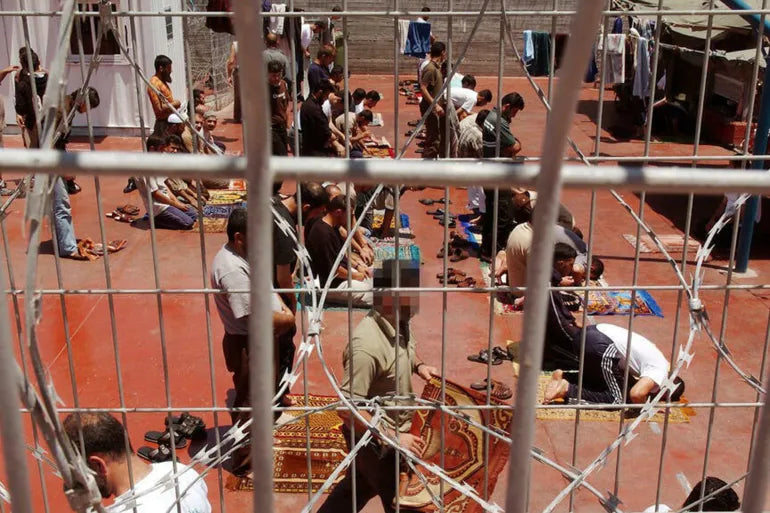
MEET OUR HEROES
The Struggle of Palestinian Prisoners "Asra’ : Inside Israeli Prisons and the Suffering of Their Families
The plight of Palestinian prisoners held in Israeli prisons is a heart-wrenching tale of resilience and unyielding spirit in the face of extreme adversity. For many of these men and women, their fight for freedom is not only fought within the walls of the prison but also in the hearts and minds of their families, who endure a different form of suffering on the outside.
The Suffering of the Prisoners and Their Families
Every day, families of Palestinian prisoners live in constant anguish, not knowing whether their loved ones are alive or dead, or suffering under the brutal conditions of the Israeli occupation. The struggle of an imprisoned Palestinian is compounded by the continuous struggle of their family members, who are left to endure the uncertainty of whether they will ever see them again.
Prison visits are often infrequent and can be severely restricted. Many times, family members are unable to get news about the well-being of their loved ones for extended periods. When they are allowed to visit, the experience is emotionally draining. They often find themselves facing long hours of waiting at the prison gates, enduring invasive security checks, and facing restrictions on the number of items they can bring, including basic necessities like food or clothes.
The Brutality of Israeli Occupation
Inside the prison, the situation for Palestinian prisoners is dire. The Israeli forces use various forms of torture and abuse against these prisoners in a deliberate attempt to break their spirits and force confessions or compliance. One of the most brutal forms of punishment is solitary confinement. Prisoners held in solitary confinement, or the “infamous isolation cells,” often face complete isolation from the outside world. These prisoners, sometimes held for years in these conditions, are cut off from all human interaction, left to endure long periods of mental and physical suffering.
But solitary confinement is not the only form of abuse faced by Palestinian prisoners. Torture methods employed by Israeli forces include physical beatings, sleep deprivation, psychological abuse, and extreme temperature conditions. Prisoners often face forced strip searches, humiliation, and verbal insults. They are regularly denied access to adequate medical care, leading to the deterioration of their health over time.
The “Shabeh” Method of Torture

One of the most notorious and cruel methods of torture used by the Israeli occupation forces is the “shabeh”, or shackling torture technique. This form of torture involves restraining the prisoner in a position where they are forced to remain for long periods, often in excruciatingly painful positions. The prisoner’s hands and feet are tightly shackled, sometimes behind their back, rendering them immobile. This method is designed to inflict maximum physical pain while also causing severe psychological distress. The victim is kept in this position for hours or even days, unable to move, leading to severe muscle cramps, nerve damage, and long-term physical injuries.
The psychological impact of the shabeh is profound. Prisoners subjected to this torture often experience a deep sense of helplessness, fear, and despair. The excruciating physical pain is compounded by the intense psychological trauma, as they are forced to endure both physical and mental agony simultaneously. The victim’s sense of dignity and humanity is stripped away, and they are left in a state of complete powerlessness.
The shabeh has been documented by human rights organizations as one of the most inhumane methods of torture used by Israeli authorities. It has left many prisoners with permanent physical and psychological scars.
The Longest Held Prisoners and Their Struggle
Among the many Palestinian prisoners held in Israeli prisons, some have endured unimaginable hardships. Notable among them are those who hold the title of the longest-serving prisoners, such as Mahmoud al-Zawahra, who has been incarcerated for over 40 years. His story, along with those of other long-term prisoners, serves as a testament to the resilience of the Palestinian people.
Another well-known case is that of Khalida Jarrar, a prominent Palestinian activist who was detained several times by the Israeli authorities. Jarrar’s arrest, along with that of other prominent leaders, symbolizes the ongoing struggle of Palestinians to resist occupation and fight for their rights.
Perhaps one of the most tragic aspects of the prisoners’ stories is the issue of those held in solitary confinement for extended periods. Samir Qantar holds the record for the longest period spent in solitary confinement in Israeli prisons, an example of the brutal tactics used to break prisoners’ spirits. He spent more than 20 years in isolation, an unprecedented and inhumane form of punishment, before eventually being released.
Additionally, Marwan Barghouti, one of the most famous and beloved Palestinian leaders, is also currently serving a life sentence in Israeli prisons. Barghouti’s leadership and unwavering determination to resist oppression have made him a symbol of hope and strength for Palestinians everywhere.

Women and Children Prisoners
The Israeli occupation does not discriminate based on age or gender, and many Palestinian women and children have been imprisoned under harsh conditions. Palestinian women, such as Khalida Jarrar and Ahed Tamimi, who was arrested at the age of 16, have endured humiliation, physical abuse, and harsh interrogation tactics while in Israeli custody.
Female prisoners are often subjected to the same brutal treatment as male prisoners, including physical and psychological torture, isolation, and forced strip searches. Their families, especially mothers, endure the pain of seeing their daughters taken away from them, often with little to no information about their well-being.

Children, many of them under the age of 18, are also frequently detained and subjected to the same brutal treatment. The arrest of young children, such as Ahmad Manasra and Baraa’ Badran, highlights the ongoing repression faced by Palestinian youth. These children are arrested for merely participating in protests or demonstrations and are often subjected to harsh interrogations and mistreatment.
Ahmad Nserat, arrested at the age of 13, became one of the youngest and most famous cases of child prisoners. His story garnered international attention, highlighting the abuse and mistreatment Palestinian children endure under Israeli detention.

The Enduring Struggle for Freedom
Despite the immense suffering that Palestinian prisoners face, they continue to resist. Their commitment to their cause remains unbroken, and they have become symbols of resistance for the entire Palestinian population. Their stories are a source of pride for many, a reminder of the strength and determination that defines the Palestinian struggle.

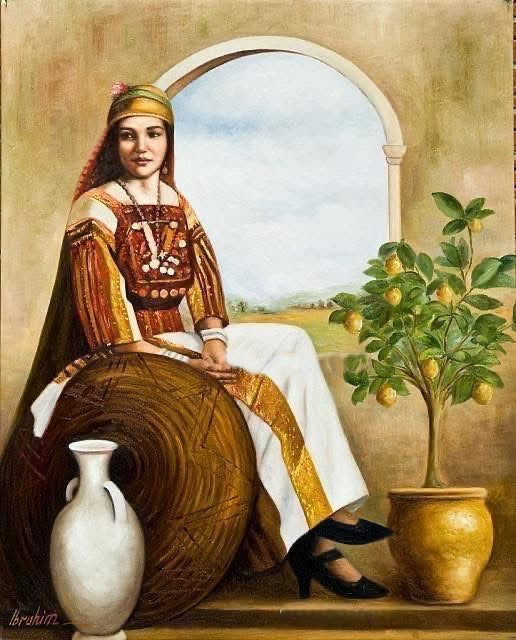


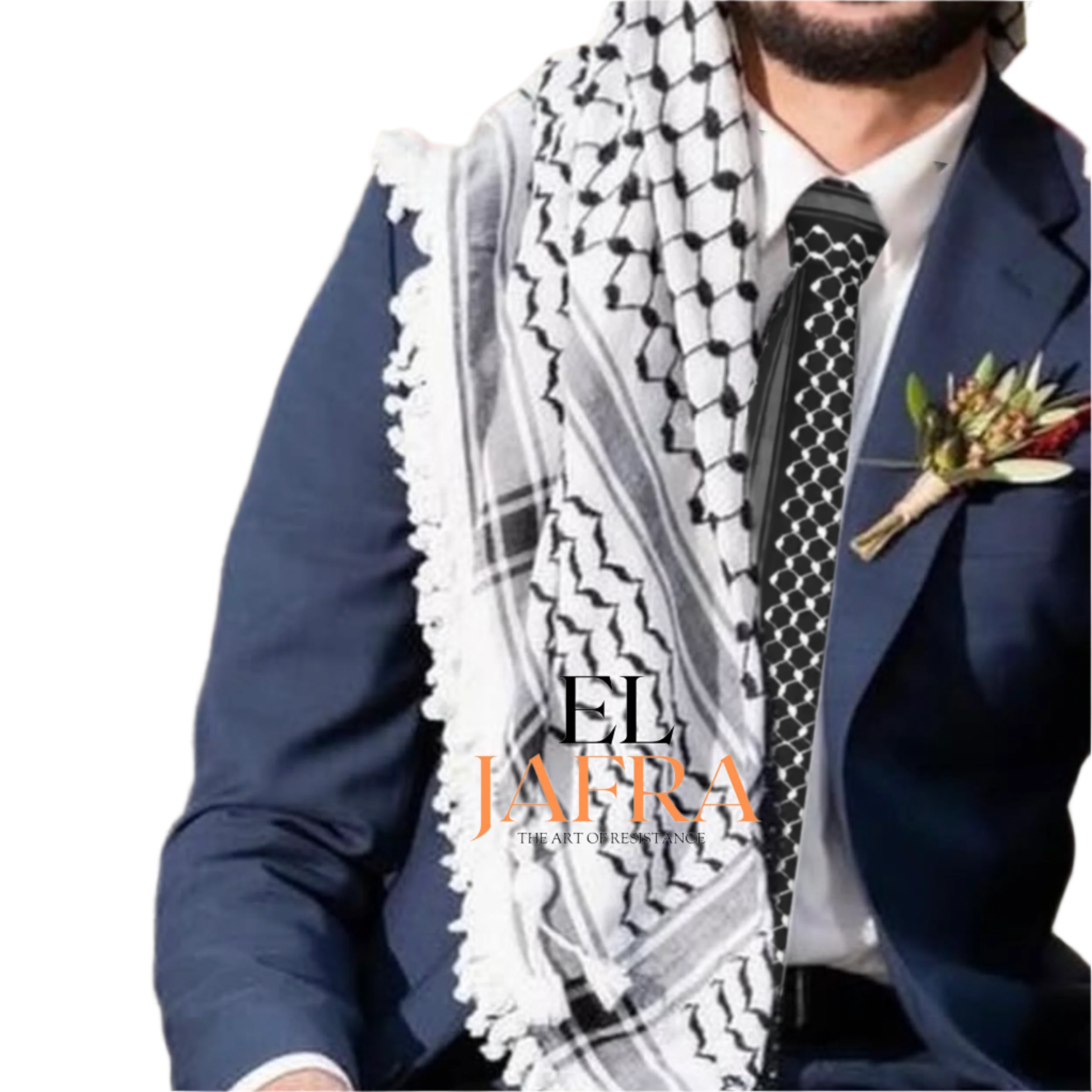
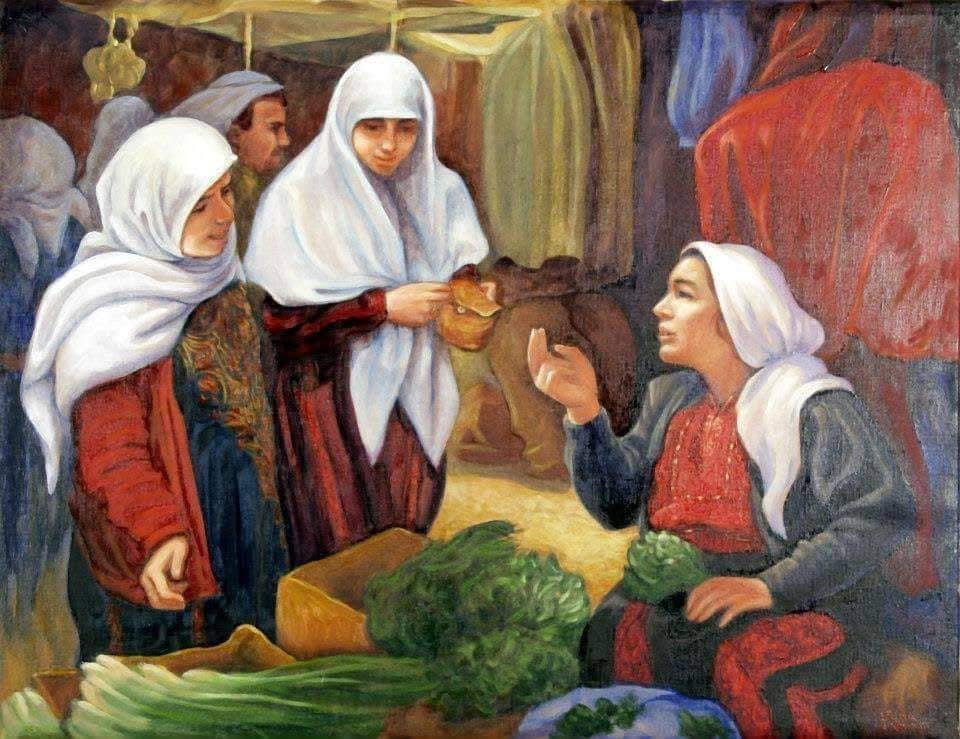
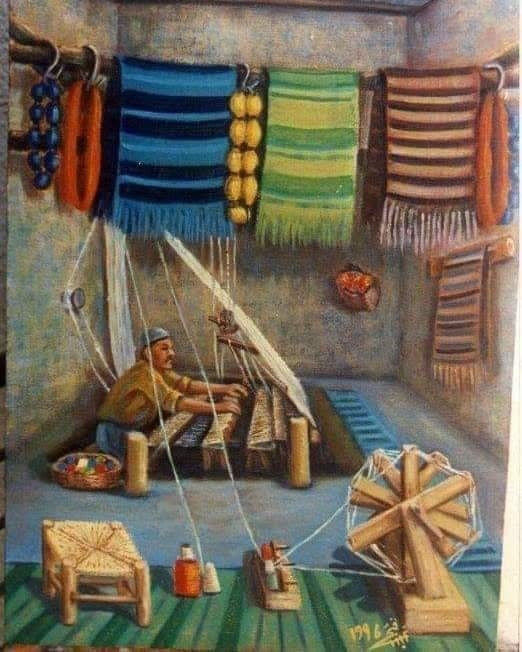
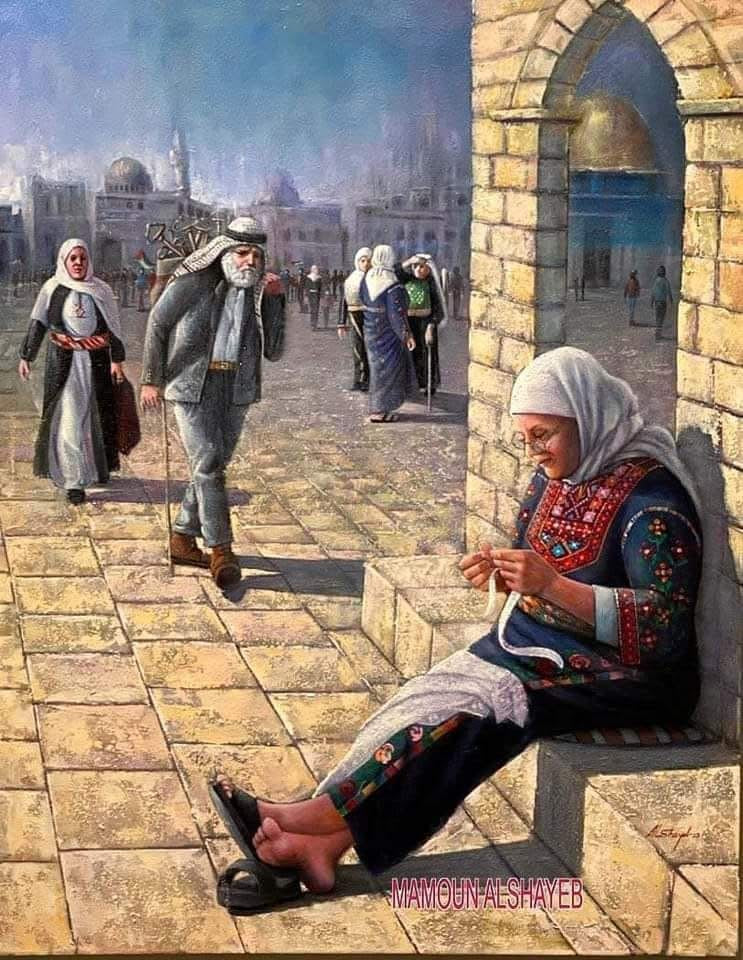
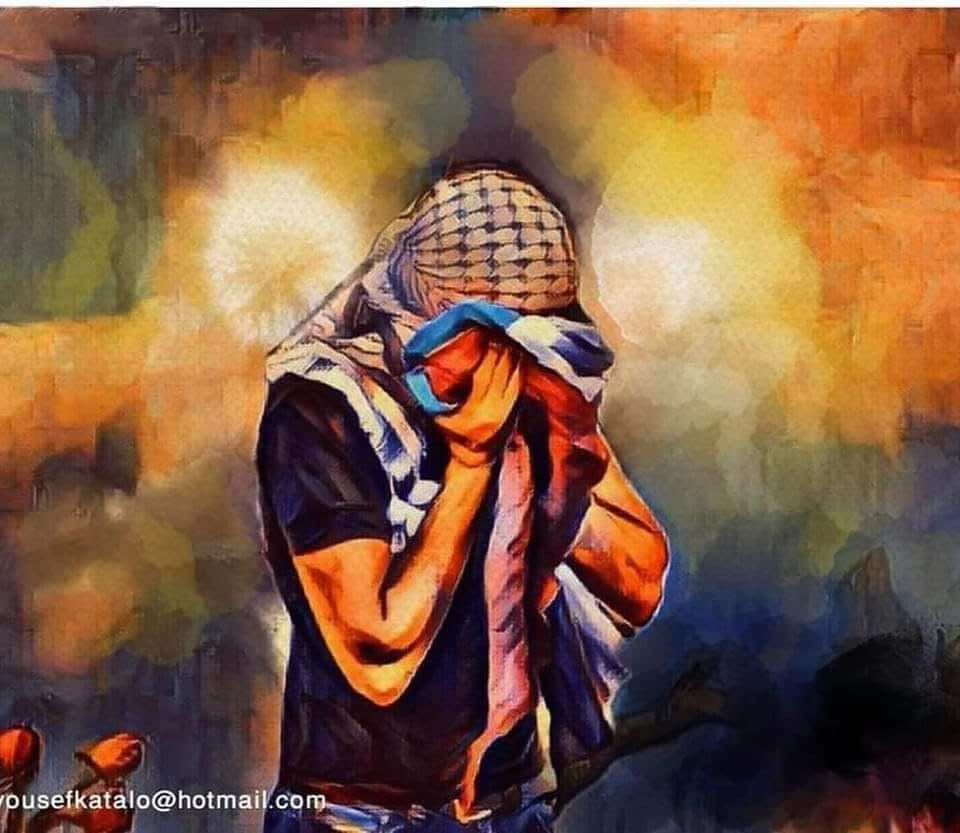
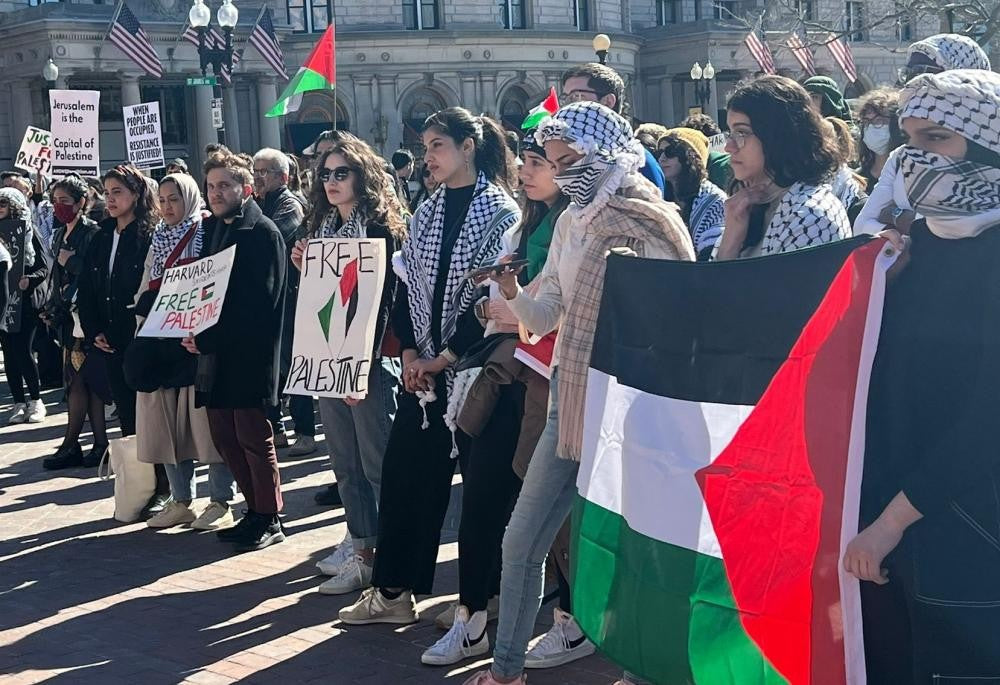
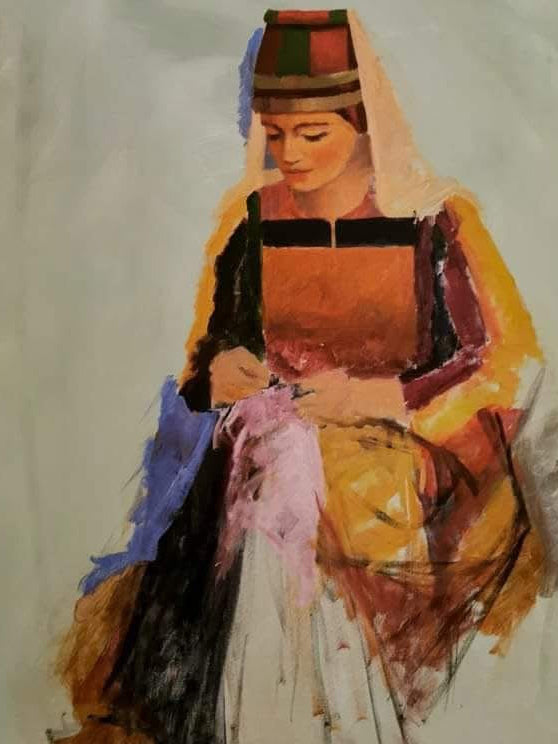
Leave a comment
This site is protected by hCaptcha and the hCaptcha Privacy Policy and Terms of Service apply.